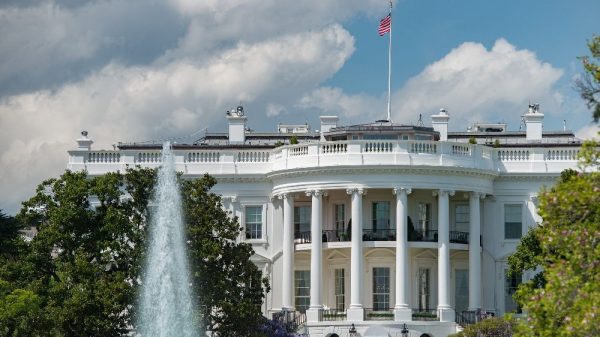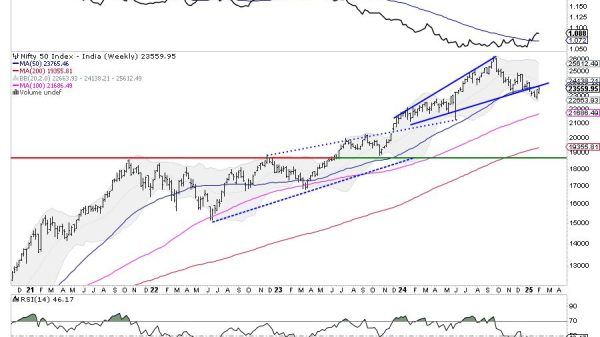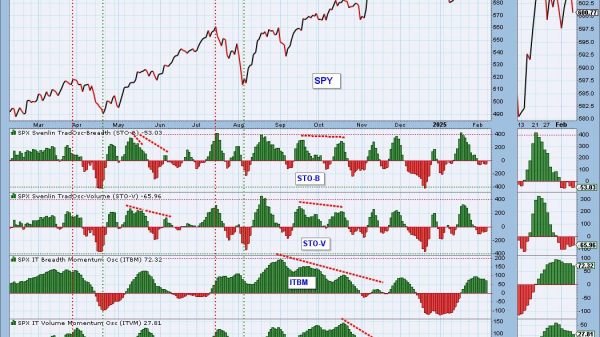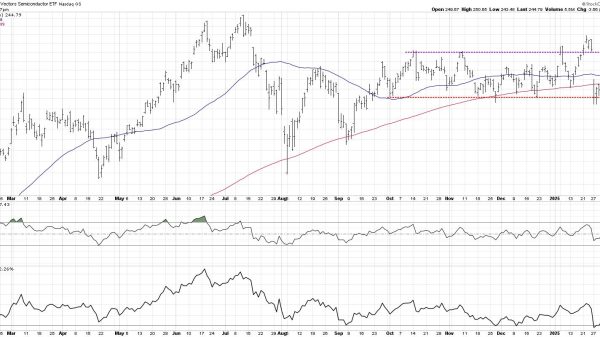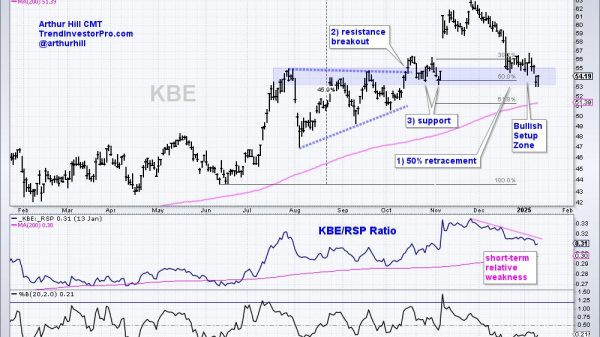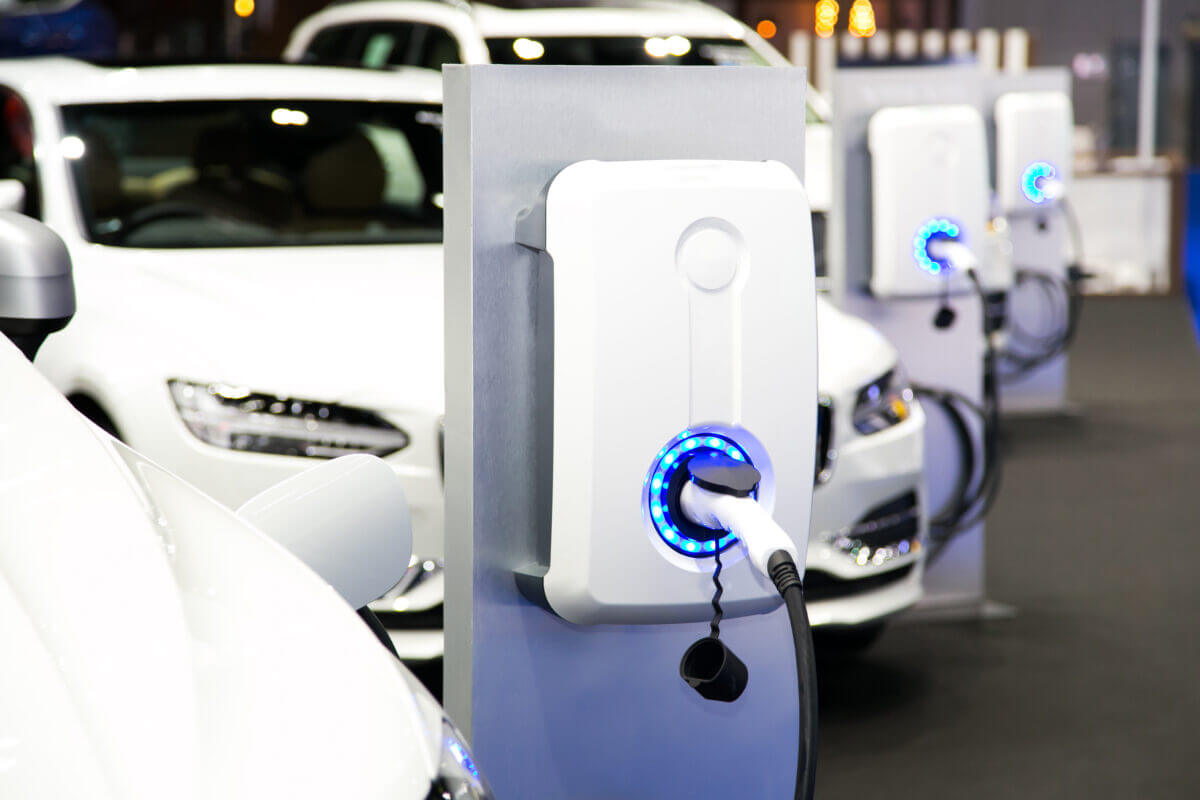China’s Rise to Global Leadership in Electric Vehicles
Strategic Policies: China’s rise in EVs is due to strategic policies and substantial public investment.
Market Dynamics: Allowing market forces and company failures was crucial for industry growth.
Foreign Influence: Tesla’s local production in 2019 boosted China’s EV sector and consumer confidence.
China’s emergence as a global leader in electric vehicles (EVs) is a testament to strategic industrial policy and substantial public investment. This achievement, however, is not solely attributable to the government’s financial support. Instead, it illustrates a nuanced interplay of policy, market forces, and foreign influence, offering valuable lessons for other nations.
Public Investment and Policy Strategy
China’s journey towards EV dominance began with significant public funding. Recognising the dual benefits of environmental sustainability and economic growth, Beijing identified EVs as a strategic priority. This led to substantial subsidies and investments in infrastructure, such as widespread charging stations. However, not merely the influx of public money spurred the industry’s growth. The government’s willingness to allow market dynamics to play out, including permitting companies to fail, has been crucial. This approach contrasts sharply with China’s attempts to dominate other industries, such as aircraft manufacturing, where heavy protectionism and state control have stifled innovation and market success.
The Role of Foreign Influence
A pivotal moment in China’s EV story was the local production of Tesla Inc. in 2019. Despite China’s general stance of protecting its industries from foreign competition, Tesla’s entry into the Chinese market was met with enthusiasm. This foreign involvement catalysed the domestic industry, proving that protectionism is not always the best path to industrial growth. Tesla’s presence boosted consumer confidence in EVs and accelerated the development of a comprehensive EV supply chain in China.
Lessons for Western Governments
Western governments are now looking to emulate China’s success by employing similar policies. This includes subsidies and infrastructure investments to enhance their EV sectors’ competitiveness. However, a critical takeaway from China’s experience is the importance of creating a market-driven environment. Beijing’s strategy involved not just subsidising production but also stimulating demand. Generous subsidies for EV buyers and incentives like preferential license plates created a robust market for electric cars, ensuring that supply was met with enthusiastic demand.
Environmental Imperatives
China’s need to address severe urban pollution played a significant role in its EV policy. The country’s heavy smog and environmental degradation drove aggressive measures to promote cleaner transportation options. China created a virtuous cycle of demand and innovation by incentivising consumers to adopt EVs, leading to rapid advancements and cost reductions in the EV sector.
China’s ascent to a world leader in electric vehicles underscores the complexity and effectiveness of its industrial policy. While substantial public funding was crucial, the unique rise of China’s EV makers also highlights the benefits of allowing market forces to operate and the positive impact of foreign competition. As Western governments seek to bolster their own EV industries, China’s experience offers a compelling case study in balancing state support with market dynamics to achieve industrial success.
The post China’s Rise to Global Leadership in Electric Vehicles appeared first on FinanceBrokerage.



